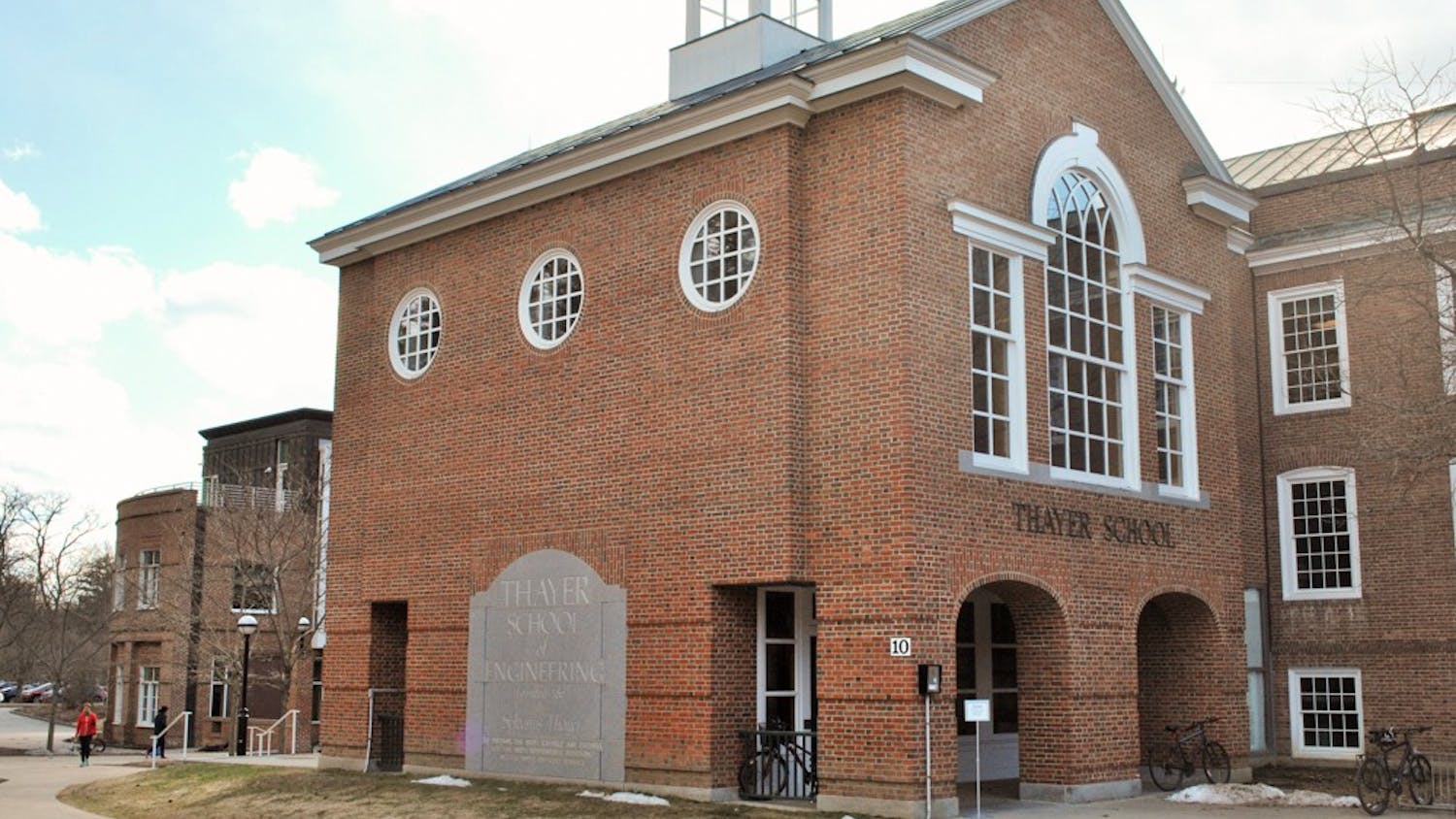August Wilson is an accomplished playwright. He has earned two Pulitzer Prizes. He is serving as Montgomery Fellow all through Winter term. And he dropped out of high school.
But not because of his grades.
When he was 13, Wilson and his family moved to Hazelwood, a largely white section of Pittsburgh where Wilson faced much racial prejudice. He broke stereotypes by earning straight As until a teacher accused him of plagiarism for a paper he wrote about Napoleon when he was 16.
"I tore it up, walked out and never went back," Wilson said.
After quitting over the Napoleon paper, Wilson went back to school the next day and played basketball under the principal's window, hoping he would come out and ask why Wilson wasn't in class. But he never did, nor did any truant officer show up at his house.
"I fell through the cracks of the system," Wilson said.
Wilson spent the rest of that year getting up at the same time as the rest of his former classmates, but he went to the library instead of school. There he discovered the works of great writers and poets.
However, his real inspiration came at age 20, when he found the blues in a stack of old 78 rpm records, which included Bessie Smith's "Nobody in Town Can Make This Sweet Jelly Roll Like Mine."
"I put that on the turntable, and the universe stuttered," Wilson said. "Everything fell to a new place."
From then on, Wilson said all the ideas and attitudes of his characters have come straight out of the blues. He believes that the blues are not only some of the best sources of black literature available, but affect the world today still in music and attitude.
Wilson was named for his father, a white baker from Germany who drifted in and out of the family and died in 1965. He eventually took his mother's maiden name. She supported her six children by working as a janitor. Money was scarce; Wilson delivered newspapers to help buy necessities.
Each of Wilson's six plays are set in his old neighborhood, the Hill District of Pittsburgh, and deal with the black experience in a particular decade of the 20th century.
Wilson said his objective in chronicling black families from decade to decade is to produce, in the words of the writer James Baldwin, "a profound articulation of the black tradition," which Baldwin defined as "that field of knowledge and ritual which can sustain a man once he has left his father's house."
Wilson is now close to completing his 10-play series. He is currently working on "King Henry II," a play set in the 1980s that focuses on the breakup of black family structure and violence in the black community.
Wilson did not start out as a playwright. In 1968, Wilson and his friend Rob Penny founded the Black Horizons Theater Company in Pittsburgh, where Wilson worked as a director for two years until the theater folded.
It was not until the early 1980s that Wilson began to seriously write plays. His first, "Jitney," which he started in 1979, was produced in 1982.
His next work was "Ma Rainey's Black Bottom," a play about the exploitation of a 1920s blues singer by white producers. It was directed by Lloyd Richards in 1984 and became Wilson's first Broadway hit.
In 1987, he earned his first Pulitzer Prize with "Fences." In 1990, he took home his second for "The Piano Lesson."
Since then, Wilson has been living in Seattle. Three years ago he married Constanza Romero, a costume designer who worked on "The Piano Lesson," a story about divisions in a black family.
As a Montgomery Fellow, Wilson is teaching a playwriting class. The class, as Wilson describes it, is "unconventional," and explores playwriting in relationship to other arts.
In addition, a class on his plays is being taught by Professor Victor Walker. The Drama Department is also producing "Joe Turner's Come and Gone," a Wilson play set in early 19th century Pittsburgh.
Wilson, who is not involved with the production of the play, said that he was pleased with the selection.
Wilson will deliver a speech on the relation of slavery and its aftermath to the condition of African-American theater tonight at 7:30 p.m. in the Moore Theater.



